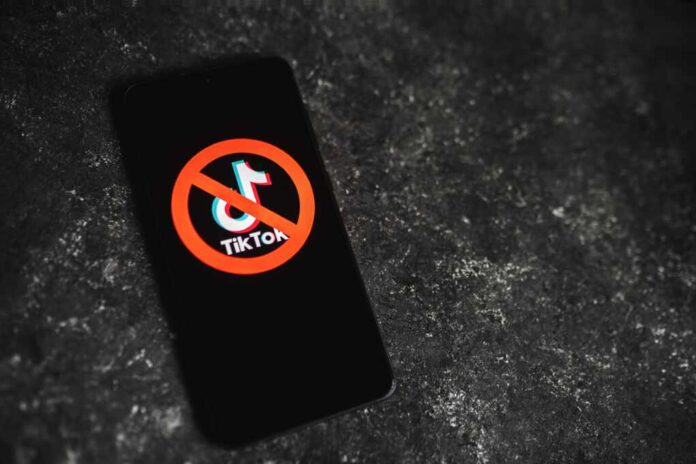
On Thursday, a federal judge in Montana blocked the state’s pioneering ban on TikTok, stirring a debate about state authority and constitutional rights. The ruling handed down by U.S. District Judge Donald Molloy underlined the ongoing tension between concerns over foreign influence and the upholding of constitutional freedoms.
The Montana legislation, set to be the first of its kind in the United States, was slated to commence on January 1. It aimed to prevent downloads of TikTok within the state. It proposed hefty fines for any entity offering access to the app. The law emerged amid worries that TikTok, owned by Beijing-based ByteDance, could pose a data security threat, potentially allowing the Chinese government access to U.S. user data.
TikTok won a reprieve in Montana after a judge ruled a state law banning the app can’t go into effect in January https://t.co/dwBmo0rKNjhttps://t.co/dwBmo0rKNj
— The Wall Street Journal (@WSJ) December 1, 2023
Judge Molloy’s decision, however, cast the ban as an overreach of state power, infringing on the constitutional rights of users and businesses. He noted the state’s focus on Chinese influence rather than consumer protection, suggesting a veiled agenda against China rather than a genuine concern for Montana residents.
Molloy’s ruling aligns with TikTok’s defense, which argues that Montana’s approach goes too far. While acknowledging global concerns about data privacy and foreign influence, TikTok representatives argued for more nuanced measures, such as limiting the types of data the app could collect, rather than a sweeping ban.
TikTok spokesperson Jamal Brown expressed satisfaction with the ruling, emphasizing the platform’s role in enabling Montanans to express themselves and build communities. On the other hand, Emily Cantrell, spokeswoman for Montana Attorney General Austin Knudsen, played down the ruling’s significance, noting the ruling on Thursday is preliminary and that the legal battle is far from over.
The debate around TikTok’s ban in Montana is part of a larger national discourse on digital privacy and foreign influence. With the U.S. federal government and over half of the states implementing TikTok bans on official devices, national security and consumer privacy concerns remain high. TikTok’s response has been to downplay these fears, asserting its commitment to user data protection and denying any requests for data from the Chinese government.
Judge Molloy’s preliminary injunction provides a reprieve for TikTok and its users in Montana. Still, it is far from the final word on the matter. The state’s lawmakers, buoyed by support from attorneys general in 18 predominantly Republican-led states, are poised to continue their legal fight.
This case underlines the complex interplay between state authority, constitutional rights, and national security concerns. While Montana’s law sought to address perceived threats from foreign entities, it raised critical questions about the balance between protecting citizens and respecting their constitutional freedoms. As the legal proceedings continue, these issues will remain at the forefront of public and judicial scrutiny.
















